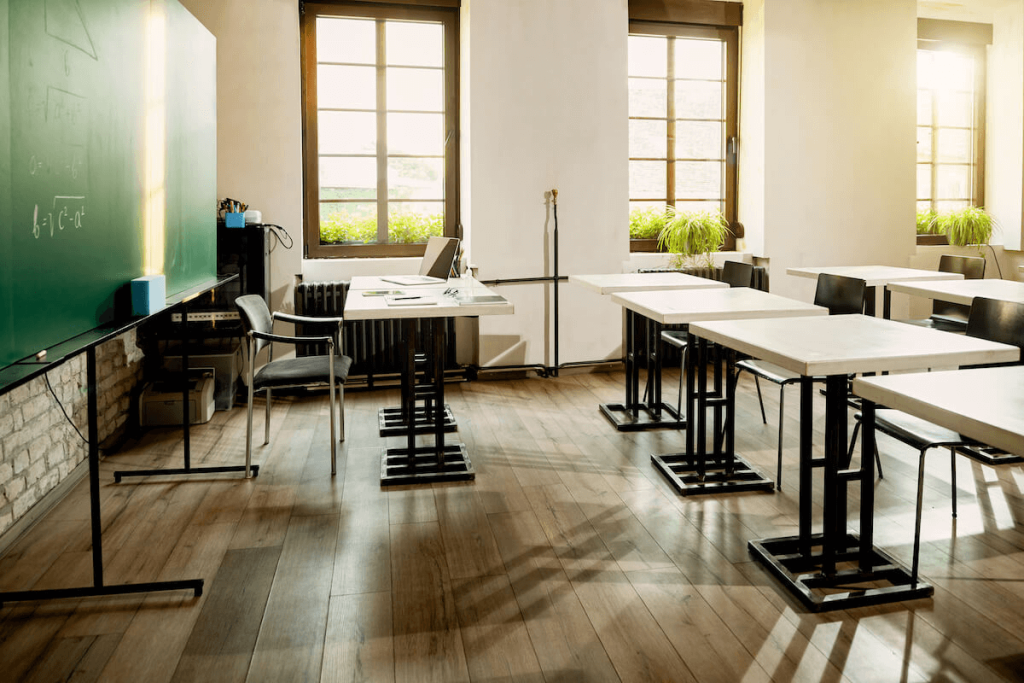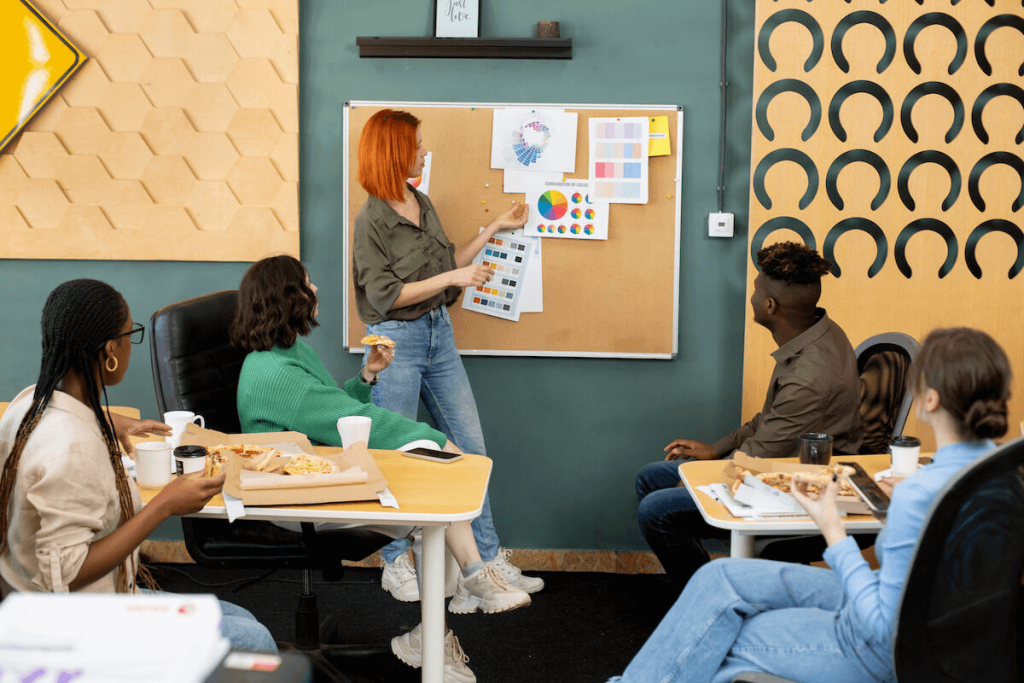Education stands as the cornerstone of progress and development in any nation, including citizenship and character components, serving as the catalyst for individual growth and societal advancements.
The educational landscape in the Philippines is characterized by a multitude of opportunities and challenges.
We examine the multifaceted nature of education in the Philippines, educational programs and other initiatives, new learning modalities including everything from gaps in access and many challenges to high-quality education to the creative steps being taken in response to these issues.

Access Disparities
One of the most pressing challenges in the Philippine education system is the uneven distribution of educational resources from teaching materials and school supplies to the bigger issues like digital technology, education programs, teacher education, and internationalization program.
Accessibility issues in rural locations are frequently severe and include poor transportation, inadequate infrastructure, and a shortage of qualified teachers.
This leads to a clear divide between urban and rural areas, with urban centers having more highly qualified teachers and better-equipped schools.
Infrastructure Deficiencies
Students’ educational experiences are hampered by the poor infrastructure in many Philippine schools. Insufficient classrooms, lack of libraries, and outdated facilities create an environment that is not conducive to effective teaching and learning.
Because they may not even have access to necessities like electricity and clean water, students in rural areas are particularly impacted.
Overcrowded Classrooms
Philippine schools frequently have overcrowded classrooms, particularly in metropolitan areas. Large class sizes affect the overall quality of education by making it difficult for teachers to give each student individualized attention.
While measures like distance learning, online teaching, and blended learning have been tried during the period of Covid 19 pandemic, the Department of Education (DepEd) has been working on addressing this issue, but progress is slow, and the problems persist.
Quality of Education

While the Philippines has made strides in expanding access to education, the quality of education in the Philippines remains a concern.
Outdated curriculum, insufficient teacher preparation, and a lack of emphasis on critical thinking skills contribute to a system that struggles to produce graduates who are well-prepared for the challenges of the contemporary world.
Language Barriers
Home to over 170 languages spoken, the Philippines proves its rich culture through its diverse linguistic landscape. However, the use of multiple languages in the learning process can pose a challenge for standardized education, as the medium of instruction varies across regions.
This creates a barrier for students who may not be fluent in the language used in their textbooks and classroom instruction. Moreover, similar educational strategies does not proffer inter cultural competence among students.
English as the Universal Language
Additionally, it is important to consider that English is the international universal language.
The 2018 research by the Program for International Student Assessment discovered that the Philippines ranked the lowest in terms of reading comprehension out of 79 participating countries in 600,000 students aged 15 years old.
While there are several reasons including poverty, this needs to be changed if we want to see a future where children are competitive and educated.
On the bright side, the Philippines has several educational opportunities. Despite challenges, the Philippines is witnessing a transformative phase in its education system, with a focus on inclusivity, innovation, and adaptability.
Education Reforms
To address the issues facing the education system, the Philippine government has launched several reforms in partnership with stakeholders in the field of education.
The K-12 Program
The K-12 program, for instance, was introduced as a law in the Philippines in 2013 to enhance the quality of education by adding two years to the basic education cycle, incorporating a senior high school curriculum or secondary education that aligns with the needs of industries and higher education.
Technological Integration
The rapid advancement of technology also offers a unique opportunity to transform education in the Philippines.
The integration of digital tools, online resources, and e-learning platforms can help bridge the gap between urban and rural education, providing students with access to a broader range of educational materials.
Public-Private Partnerships
Collaborations between the public and private sectors have the potential to bring about positive changes in the education sector. Private organizations can contribute resources, expertise, and innovative solutions to complement government initiatives.
The Adopt-a-School program, for example, allows private companies to partner up with schools to provide much-needed support and address the resource needs of public schools in the Philippines.
Focus on Technical and Vocational Education
Recognizing the diverse needs of students, there is a growing emphasis on technical and vocational education.
By providing alternative pathways to success beyond traditional academic routes, students can develop practical skills that are directly applicable to the workforce, addressing the mismatch between education and industry demands.
Technical Education and Skills Development Authority (TESDA) plays a pivotal role in promoting technical and vocational education and training (TVET) programs.
TVET programs offer a viable alternative to traditional academic routes, providing students with hands-on skills that are directly applicable to the workforce.
With a focus on industries such as food and hospitality, information technology, tourism, healthcare, and agriculture, TVET programs are helping bridge the gap between education and industry demands, ensuring that graduates are well-prepared for the competitive job market.
Community Engagement and Empowerment
Engaging local communities in the educational process is crucial for addressing challenges at the local level.
Community-driven initiatives that are often practiced in Philippine schools, such as parent-teacher associations and local education boards, can be extremely effective in advocating for improved resources, ensuring a student’s attendance in classes, and creating a sense of shared responsibility for the education of children.
Inclusive Education
Efforts are being made to address the diverse learning needs of students. Special Education (SPED) programs cater to students with disabilities, making sure that they receive the necessary support and accommodations to thrive academically.
However, inclusive education goes beyond SPED programs, aiming to create an environment where all students, regardless of their background or abilities, can participate and thrive.
Strategies applied in SPED programs such as differentiated instruction, flexible assessment methods, and the promotion of a culture of diversity and acceptance contribute to creating an inclusive educational ecosystem.
Educational Challenges and Opportunities in the Philippines
As the Philippines navigates the path toward a more inclusive and quality education for all, it is crucial to recognize the interconnected nature of these challenges and the need for holistic, feasible solutions.
The concerted efforts of the government, educators, communities, and the private sector are evident in a range of initiatives aimed at transforming the educational system.
The educational opportunities outlined in this article represent not only a response to challenges but a proactive stance toward creating a robust and adaptable education system that can thrust the nation toward sustained growth and development.
The horizon for Philippine education is bright, and the ongoing commitment to progress ensures that the learning opportunities will continue to expand for generations to come.

Celebrate Life’s Milestones in Camella!
Make unforgettable memories in a Camella home.
Our communities are designed to elevate your living experience.


